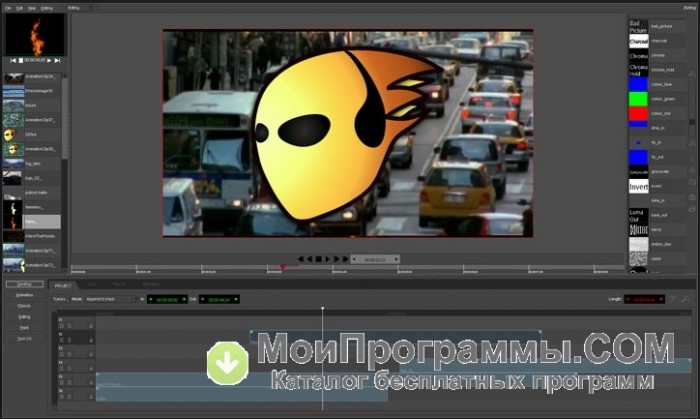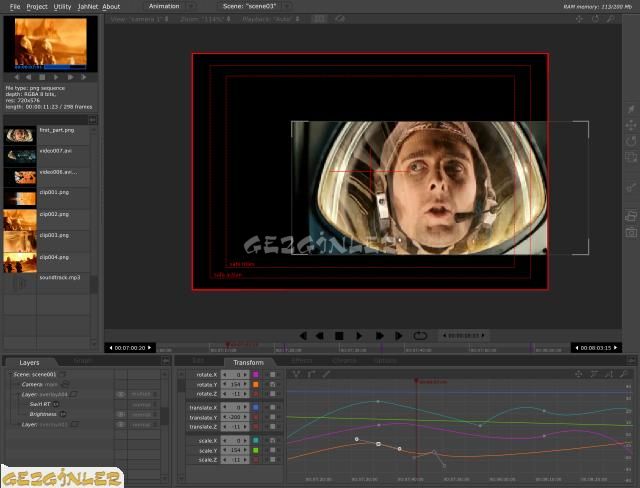

By the latter part of the decade a new, young, multiracial crowd of disaffected roots fans had begun to appear. However, Shaka’s adherence to Rasta, and the particular type of heavy, spiritual reggae with which his name has become synonymous, remained unswerving. With the decline of interest in Rastafarianism in the 80s, Shaka’s dances became more and more isolated affairs, the crowd thinning to a hardcore of older followers.

Over the years the label has carried well over 50 releases by UK-based artists such as Junior Brown, Sgt Pepper, Vivian Jones, Sis Nya and the Twinkle Brothers, as well as dozens of releases by Shaka himself, and Jamaican artists such as Horace Andy, Icho Candy and Max Romeo. This was followed by the first instalment in his long-running Commandments Of Dub series. In 1980, Shaka inaugurated his Jah Shaka King Of The Zulu Tribe label with the release of "Jah Children Cry" by African Princess, which sold well in the reggae market. Shaka would operate his sound like a single instrument, the music played at ear-splitting distortion levels, the air torn by his trademark sirens and syndrums, the man himself caught up in the spirit, alternatively chanting, singing and dancing as furiously as many of those in the crowd. His dances became famous for their spiritually charged atmosphere and the acrobatic, stylized dancing of the participants. However, whereas these and other sounds usually supported a team of selectors and DJs, Shaka performed all these functions alone, assistance in setting up the sound coming from a team of devoted youths for whom Shaka’s music was almost a way of life. From quite modest beginnings in the early 70s, by the end of the decade Shaka’s sound had become one of the top three in the country, alongside such luminaries as Lloyd Coxsone and the Mighty Fatman, specializing in heavyweight, dubwise steppers material, and exclusive cuts on dub plates. Inspired spiritually by his interest in Rastafari, and consciously by the American Civil Rights movement (particularly such exponents of black awareness as Angela Davis and George Jackson), he began to assemble equipment for his own sound, named after the great eighteenth-century Zulu, King Shaka, the ‘Black Napoleon’. Succumbing to his passion for music, he began his career a few years later in the late 60s, playing in a band and travelling around in an obscure local sound system named Freddie Cloudburst. His musical knowledge and sense of timing and live mixing skills means he delivers an enchanting and mesmerising performance.An enigmatic and highly individual performer on the UK sound system scene, Jah Shaka (his real name remains a mystery) came with his parents to the UK from Jamaica at the age of eight, settling in south east London. These videos show why he is the King of the sound system. I believe this excellence now should be seen by all. We agreed that these pictures would always be his, and we would never seek commercial gain and we haven't.ever! (although some small clips have 'leaked' over the years) All we wanted was a record of his excellence. My self and a close friend approached Jah Shaka in 1986 and asked permission to record him, fully expecting to be declined, but to our surprise he didn't, in fact he welcomed us and was very happy with the idea. I have decided, after all these years to upload, as these now represent an excellent view into the history of Reggae sound system & culture in London during Jah Shaka's greatest period.

Taken from the summer of 1986 these are the original Sony V8 masters digitised. Jah Shaka Arlow Road, Deptford, South East London 1986 Pt 1 - 20


 0 kommentar(er)
0 kommentar(er)
